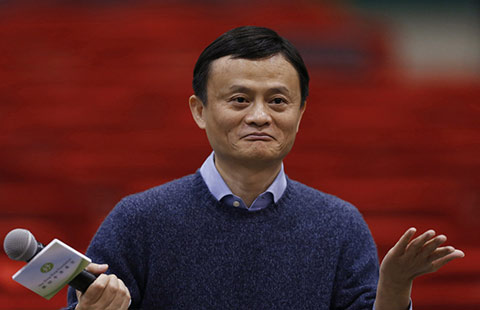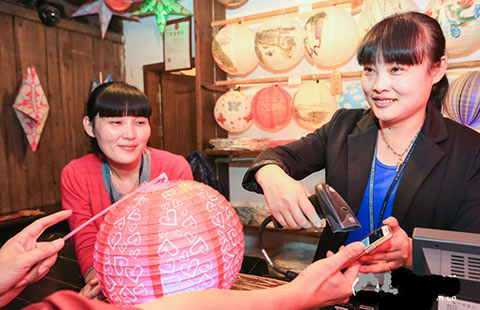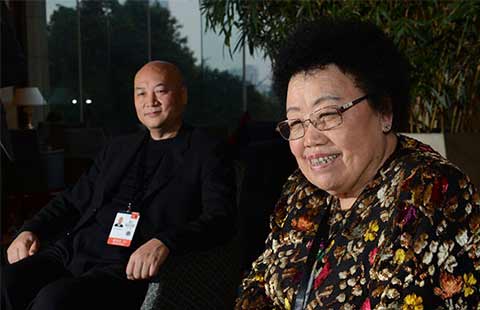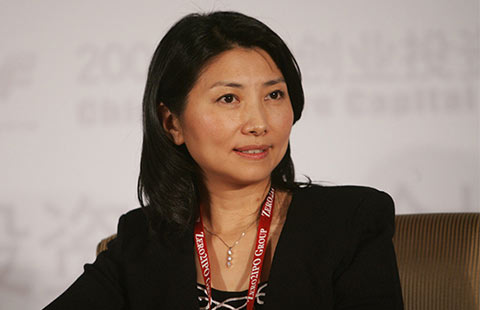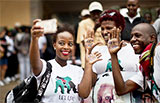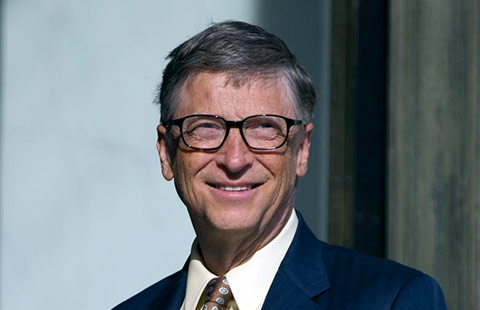Innovation puts a dent in traditional festive sales
By Yan Yiqi (China Daily) Updated: 2015-12-14 10:20Gan Jianying, who sells artificial Christmas trees in Yiwu, Zhejiang province, is experiencing lackluster business as Christmas nears.
She blames the decline in profits on foreign clients' changing preferences, saying that they now prefer innovative products to traditional ones.
"The profit margin is already very thin-only 5 percent for the Christmas trees that I sell," she said.
The Yiwu Small Commodities Market is one example of how innovation is affecting the city's business patterns. A balloon shark "swims" in midair, waving its tail-but unlike traditional balloons, this shark responds to a remote control. Gan said advanced, electronic toys like the shark have a gross profit margin of 20 percent.
According to media reports, Yiwu accounts for more than 60 percent of the global sales of Christmas products.
Chen Jinlin, a consultant to the Yiwu Christmas Goods Industry Association, said market changes have also taken a toll on other traditional Christmas products such as cushions and stuffed toys bearing Santa images. These goods have seen declines in both price and quantity. "New and innovative products such as electronic toys have accounted for 40 percent of Christmas sales this year, up from 25 percent last year," he said.
Although China's exports fell by 1.8 percent in the first three quarters of this year, Chen estimates that Yiwu's Christmas product sales will grow by about 10 percent. According to the city's customs office, Yiwu exported Christmas goods worth 450 million yuan ($70 million) in the first seven months of this year, an increase of 25.5 percent year-on-year.
Zhao Wei, a professor of international economic studies at Zhejiang University, said providing high added-value and quality products is the only way for the city to achieve sustained growth in exports of such products.
- Service robots a big hit at expo
- Investors debate Xiaomi's stumble in smartphones
- 170 SMEs debut on New Third Board
- Housing subsidies may be on the way in smaller cities
- Sensible exit management gives edge over rivals
- Officials admit to faking economic figures
- Dutchman at home in Shanghai
- Going heavy is good for AVIC
